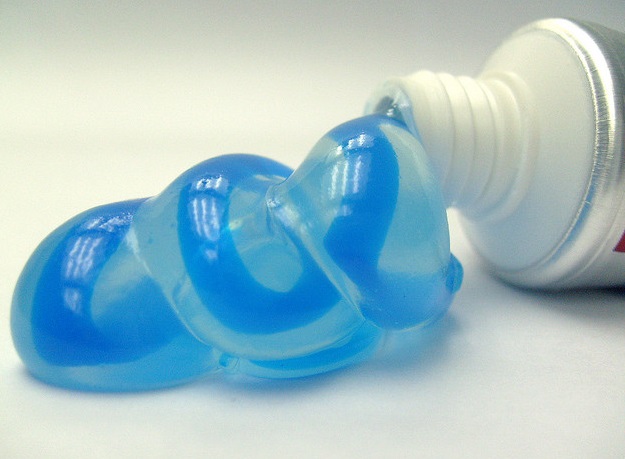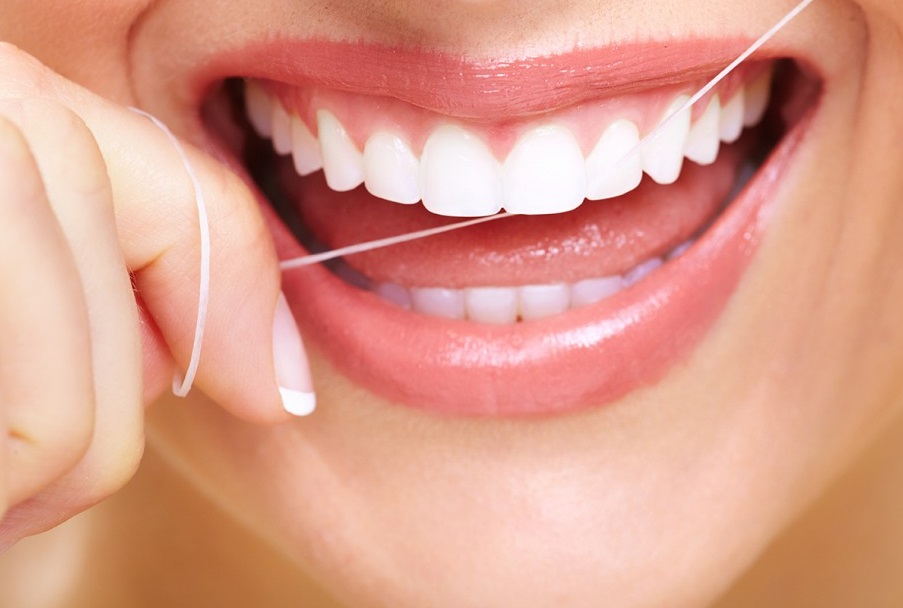
Deciding to have dental implants is a big decision to make, and you’ll want to do everything possible to ensure the treatment provides you with excellent results. Your choice of dentist can be the difference between success and failure. Although there is no such thing as a dental implant specialist, as dental implants are not yet recognized as a specialty, there are certain things you can look for in a dentist. For example, you will want to choose a dentist with:
- Experience and training
- Dental implant systems
- Proximity of the dental office to home or work
- Office opening hours that work for you
- Dentists who regularly attend courses on dental implants, or even provide them for other dentists.
Experience is Important
Experience and training count for a lot, as some dentists will only have attended a weekend course on dental implantology, and may only place a few implants each year. Ask how many years they have been placing dental implants, considering it does take a lot of skill to become proficient in the planning and placement. If your implant isn’t correctly placed, there is the risk it could affect nerves, blood vessels or sinus cavities, and it might not give the best aesthetic results.
An experienced implant dentist will ensure all vital structures are untouched, and that placement provides the best possible final results. Once your implant has been finished, it should look and feel natural. Ask to see before and after photos of patients who have had dental implants, and if possible read reviews and testimonials.
Ask Your Implant Dentist Which Systems They Use
Ideally, you want to choose an implant dentist in NYC who routinely places dental implants, and is familiar with several different dental implant systems (rather than one particular type). Choosing a dentist who often uses several different implant systems will ensure you get the best type of implant for your situation, increasing the chances of success.
Additionally, ask what make of implants they use, as you want to make sure your implant is from a reputable company. There are several well-known dental implant suppliers who are largely regarded as being world leaders in this field. Their products are very high quality and are backed with years of research. Also, it will be easier to have any parts replaced (if necessary), by a good implant dentist.
Choose Someone You Feel Comfortable With
Do you feel comfortable dealing with your chosen implant dentist? Is their office easily accessible from work or home? This is important as you will need to see them on a number of occasions, over a period of several months. Choose someone who is willing to provide you with lots of information, and who doesn’t mind answering all of your questions.
Well-placed and properly planned dental implants in NYC typically have success rates of around 95% or more. This is a great treatment for replacing missing teeth, and carefully selecting your dentist should ensure you are very happy with the final results!
Visit our page on dental implants for additional information!









